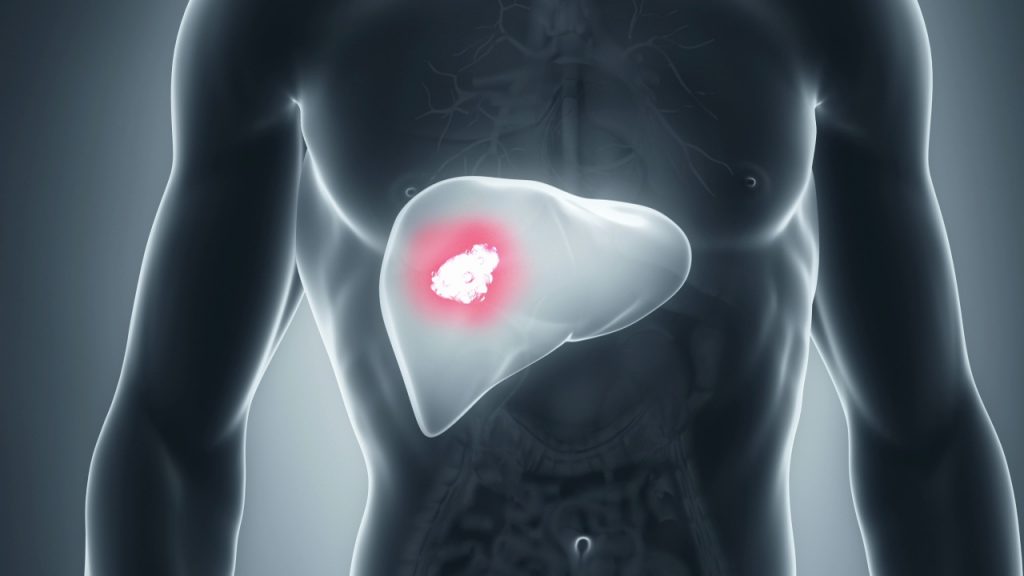Burden of liver cancer in Malawi
Elias Chipofya
Contributor
Liver cancer is one of the leading causes of cancer deaths worldwide, with a global annual death toll of 700 000. According to the latest Word Health Organisation (WHO) data, published in 2018, liver cancer accounted for 192 deaths in Malawi (0.18 percent of the total).
The most common form of liver cancer is Hepatocellular Carcinoma (HCC). HCC is a world health problem and the third leading cause of cancer-related death in Africa, where medical and social care resources are often constrained.

HCC was initially reported in sub-Saharan Africa in 1879, although the first report of the high incidence of the tumor in Black Africans living in the subcontinent was only published in 1921.
Chronic liver disease and cirrhosis remain the most important risk factors for the development of HCC, of which viral hepatitis and excessive alcohol intake are the leading risk factors worldwide.
Chronic viral hepatitis can lead to cirrhosis and/or HCC. The hepatitis B and C viruses are the most common causes of chronic hepatitis in the world. Hepatitis B is transmitted via contaminated blood transfusions, intravenous injections, and sexual contact.
Vertical transmission from mother to child is the leading cause of hepatitis B virus (HBV) infection worldwide. Five percent of the world’s population is infected with HBV.
Vaccination against HBV was introduced in Malawi in 2002 and has resulted in a significant decline in the incidence of HCC from HBV. Infant HBV vaccination is given at six, 10 and 14 weeks of life.
Alcohol consumption remains an important risk factor for the development of HCC. Liver disease correlates with the amount of alcohol consumed over a lifetime, with heavy alcohol use rather than social drinking being the main risk of HCC.
Chronic medical conditions such as diabetes and obesity also increase the risk of HCC. Patients with diabetes have between a 1.8- and 4-fold increased risk and Obesity increases the risk 1.5- to 4-fold.
HCC can also be caused by a substance called aflatoxin, produced by moulds of the Aspergillus species found on grains, corn, peanuts, or soybeans stored in warm humid conditions.
Aflatoxin is a potent carcinogen and the risk of developing HCC is dependent on the dose and duration of exposure. However, aflatoxin is neglected as a risk factor for HCC in sub-Saharan Africa and this inattention may prove costly, as exposure to aflatoxin may contribute to a multiplicative increase in risk for HCC and may also be partly responsible for the young age of onset of HBV-associated HCC in the subcontinent.
In 2016, Daniel Mwalwayo and Bernard Thole assessed levels of aflatoxin and fumonisins contamination in maize produced, stored and consumed in rural households in Malawi. It was found that samples from the Southern Region were highly contaminated, with Chikwawa having high levels of both aflatoxins and fumonisins in maize. 21 percent of maize samples exceeded the tolerable maximum limit for Malawi.
Other risk factors for HCC may include smoking. All these risk factors are potentially preventable.
HCC is often symptom-free in the early stages, but later symptoms may include weight loss, upper abdominal pain or yellowing of the skin (jaundice).
Tests used to screen for the presence of HCC include ultrasound scans, computerised tomography (CT), magnetic resonance imaging (MRI) and clinical laboratory tests. The main goals of screening are to detect the disease early and reduce the incidence of severe or fatal disease. Widespread implementation of HCC screening is essential to reduce the high mortality from HCC.




